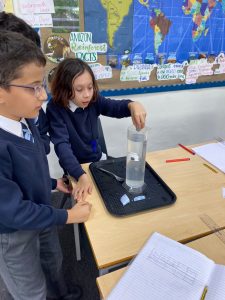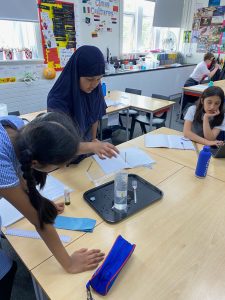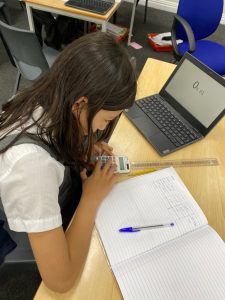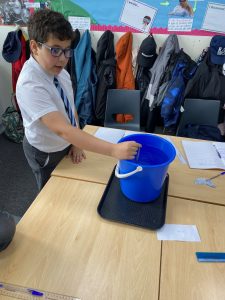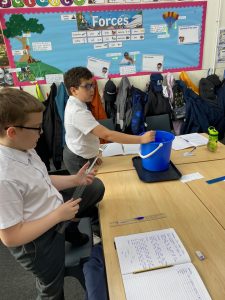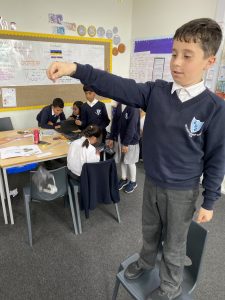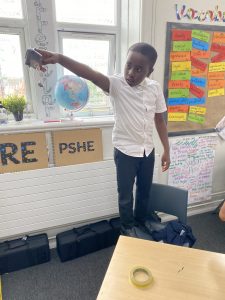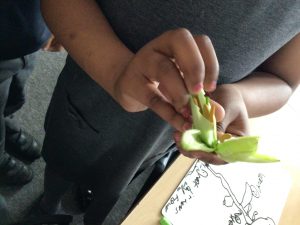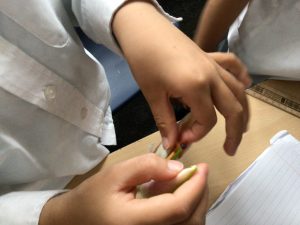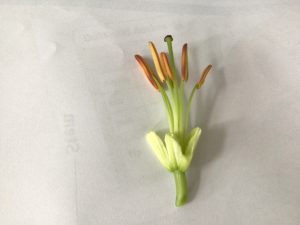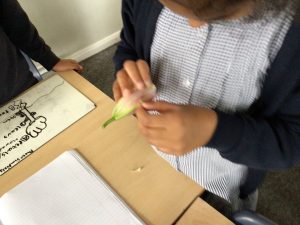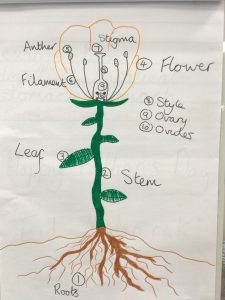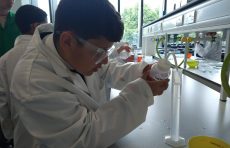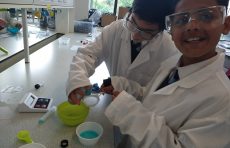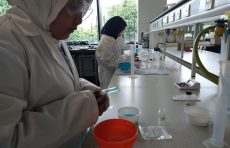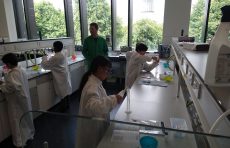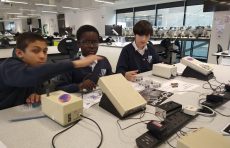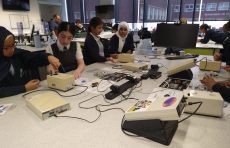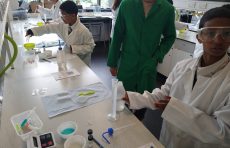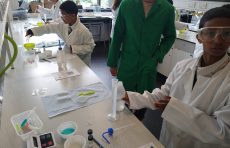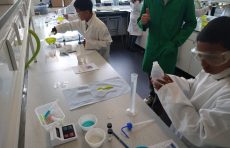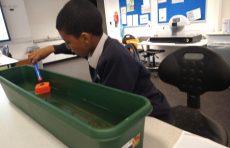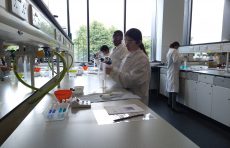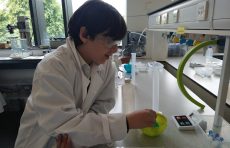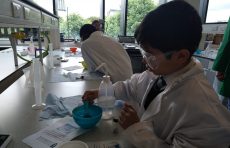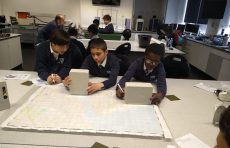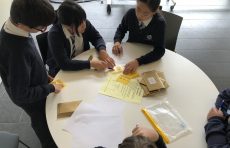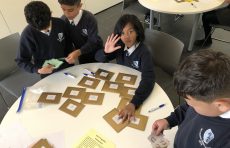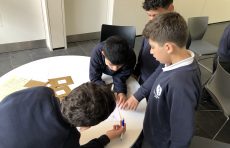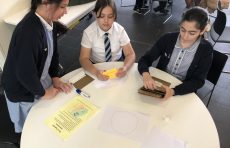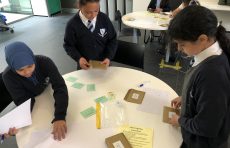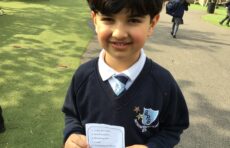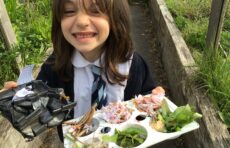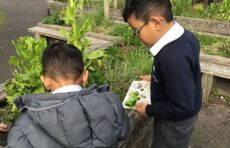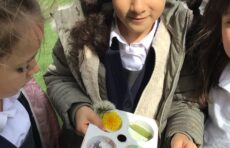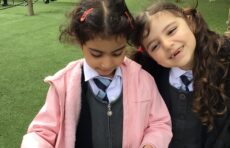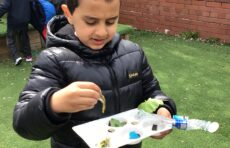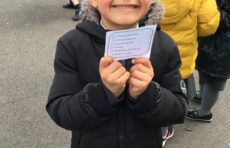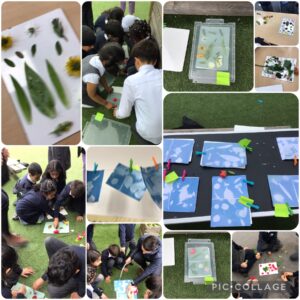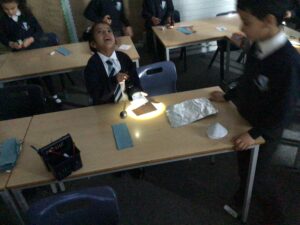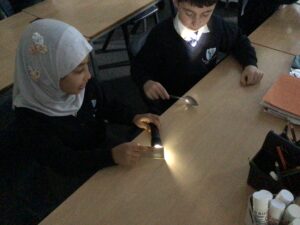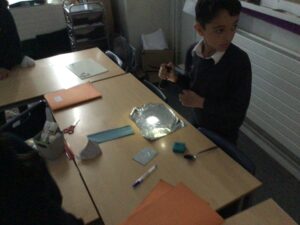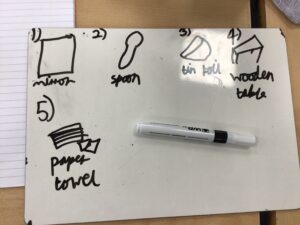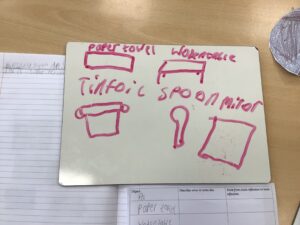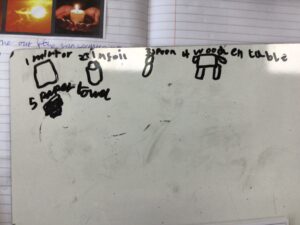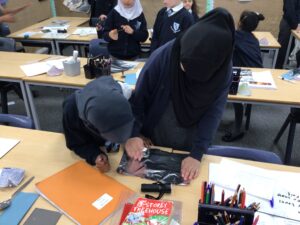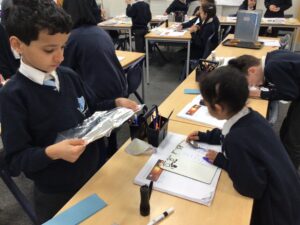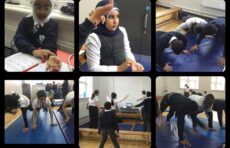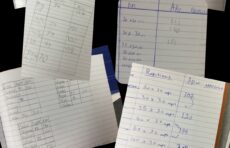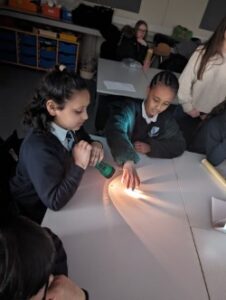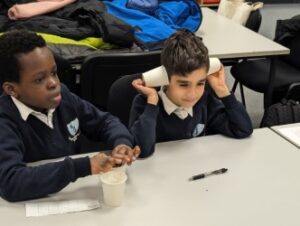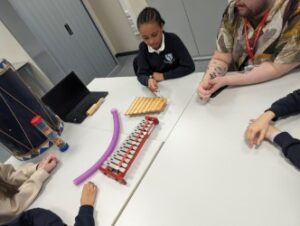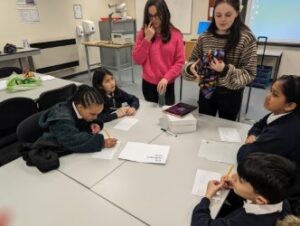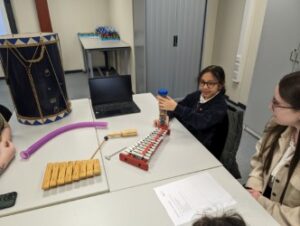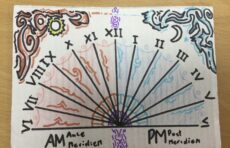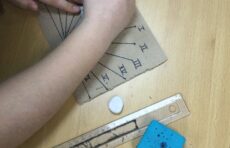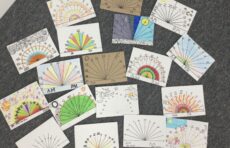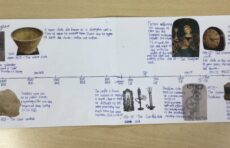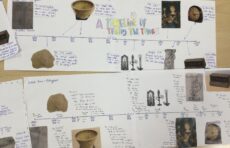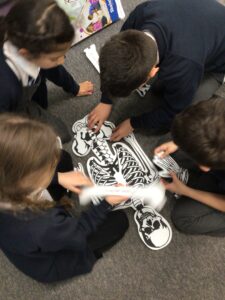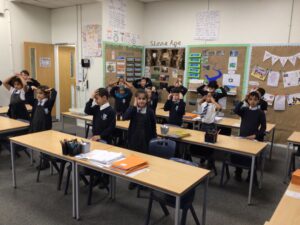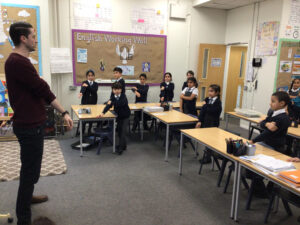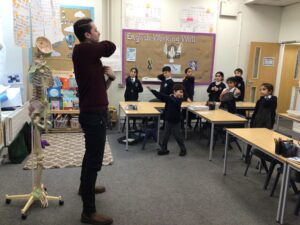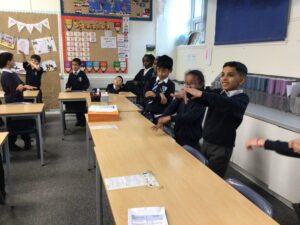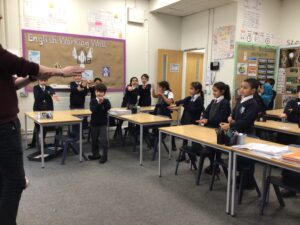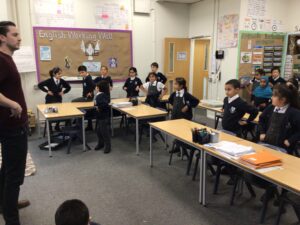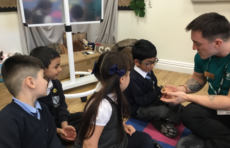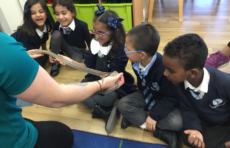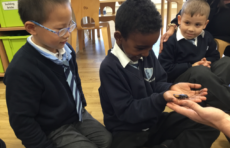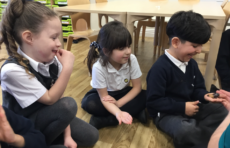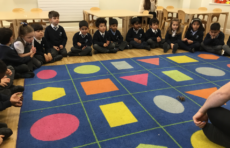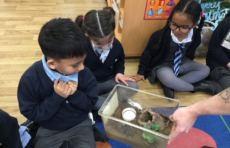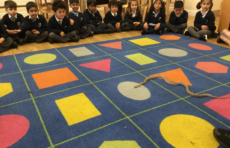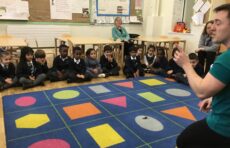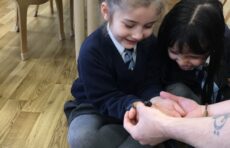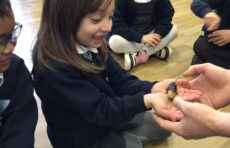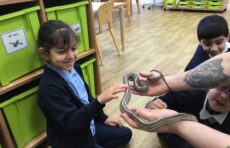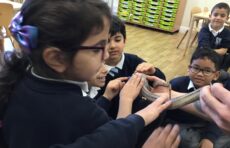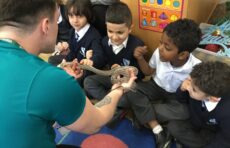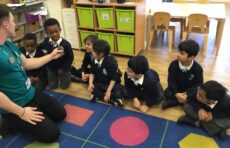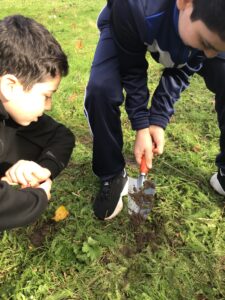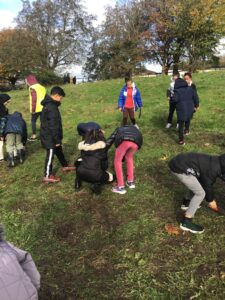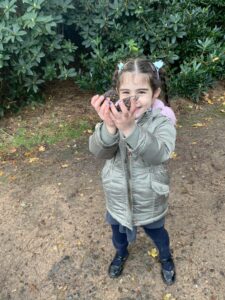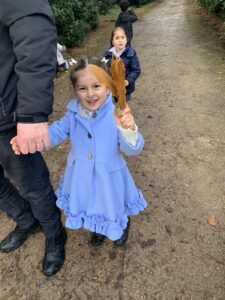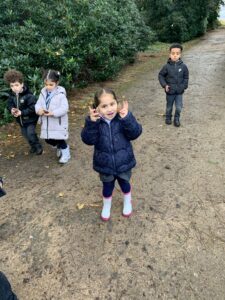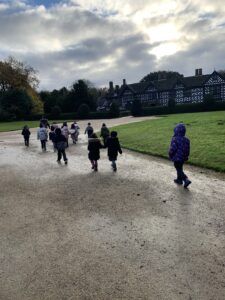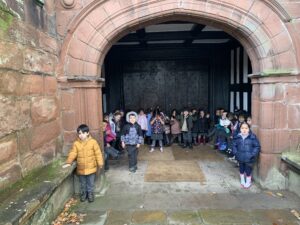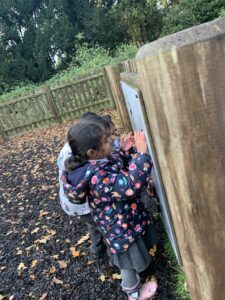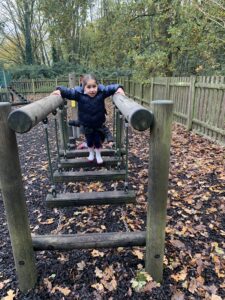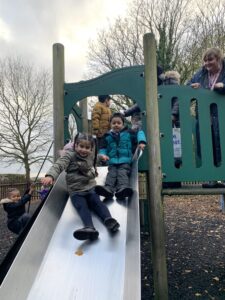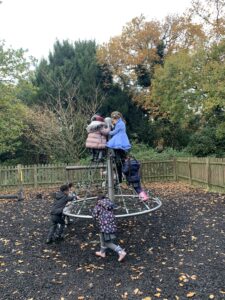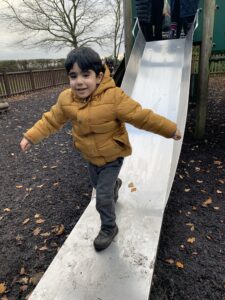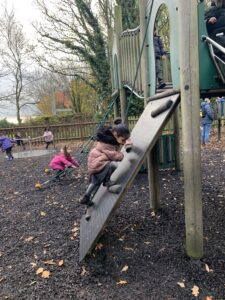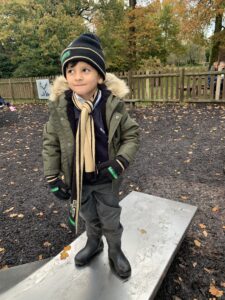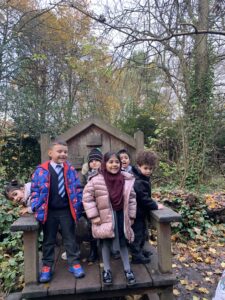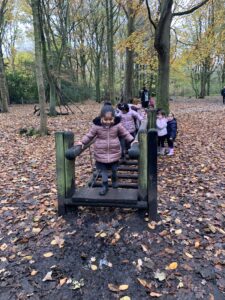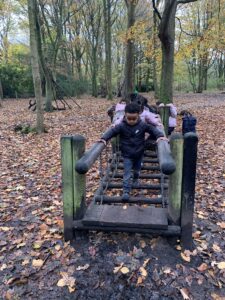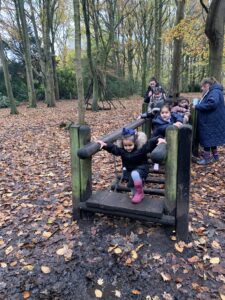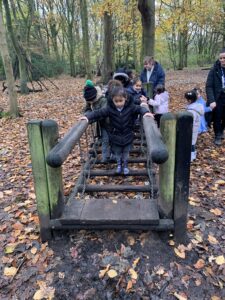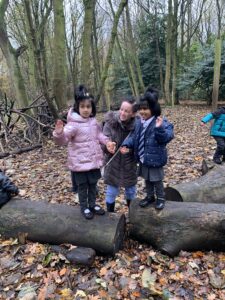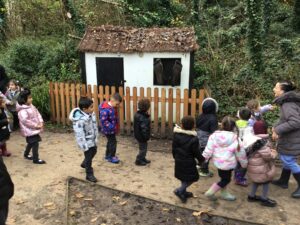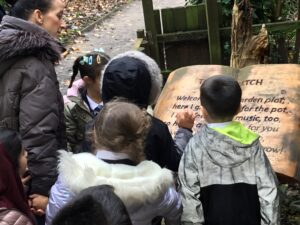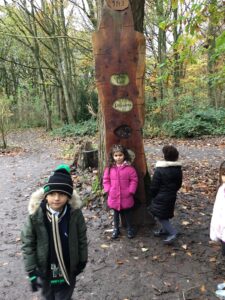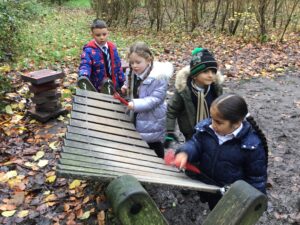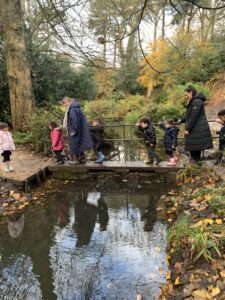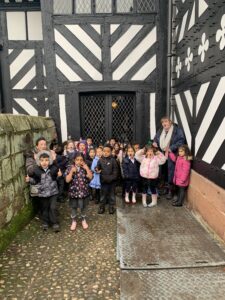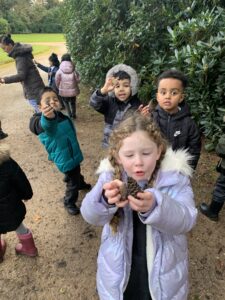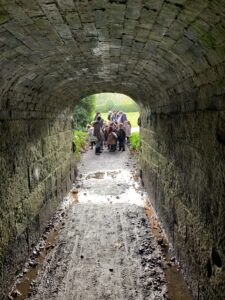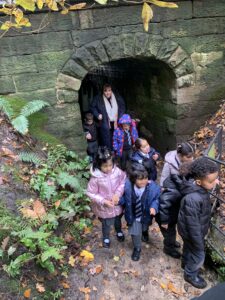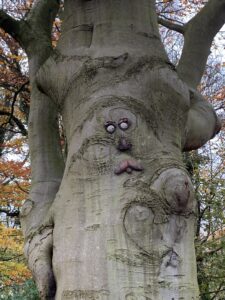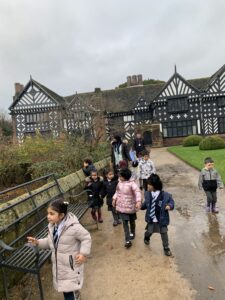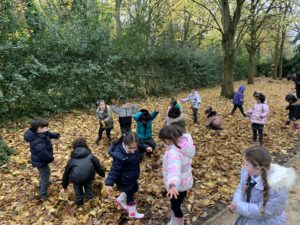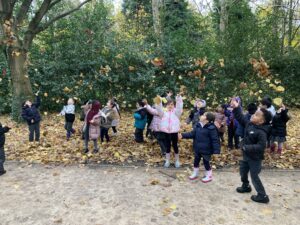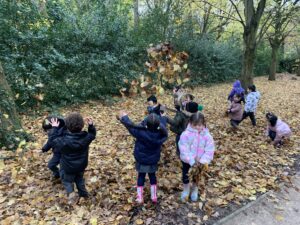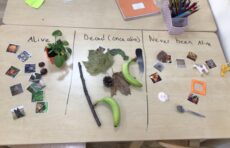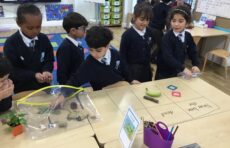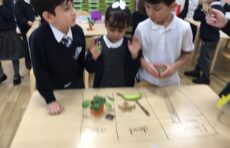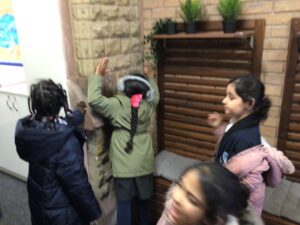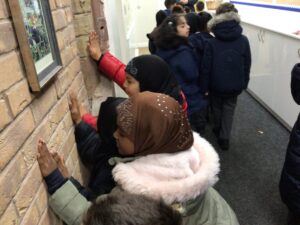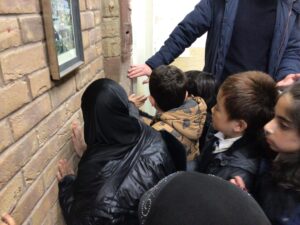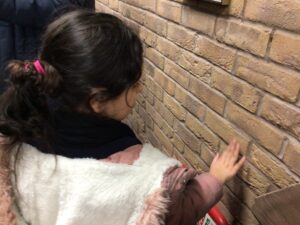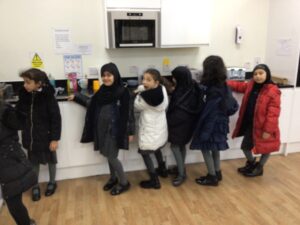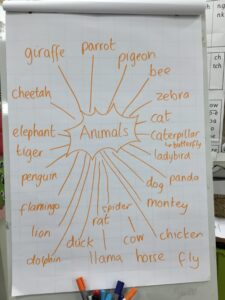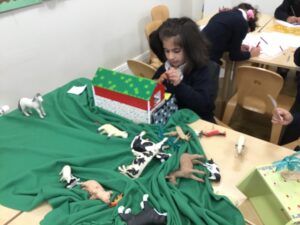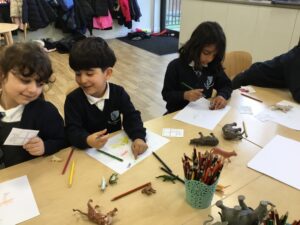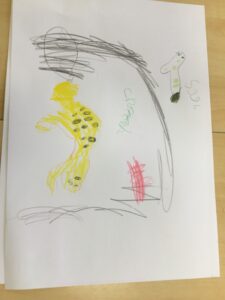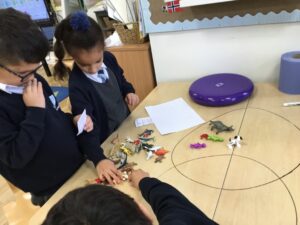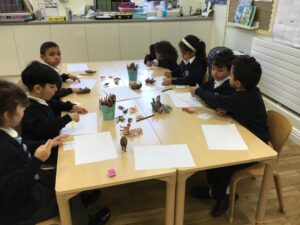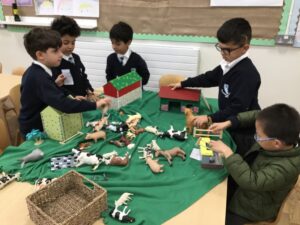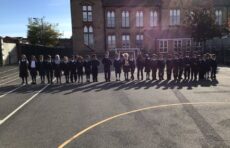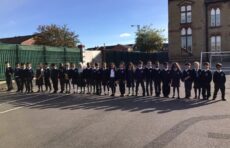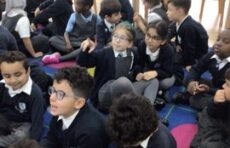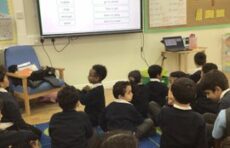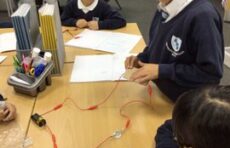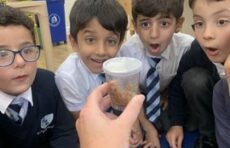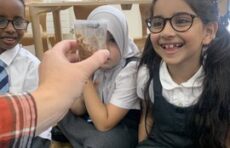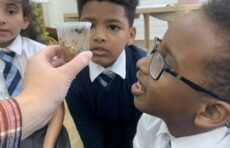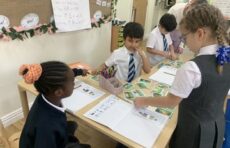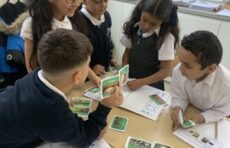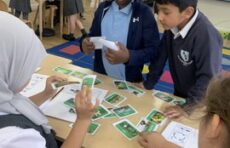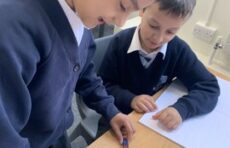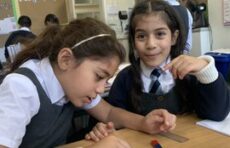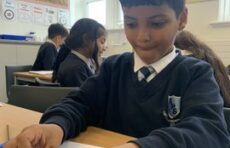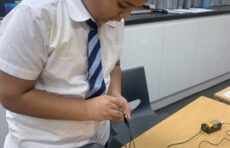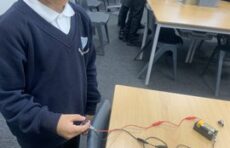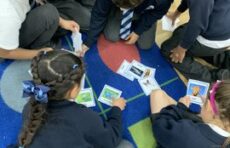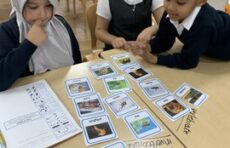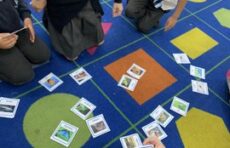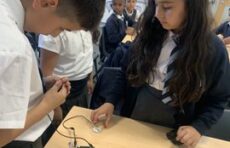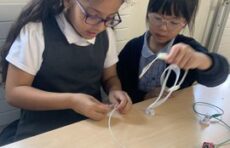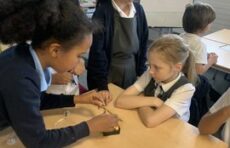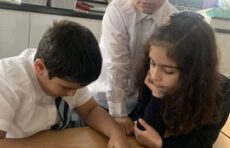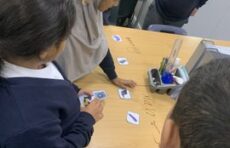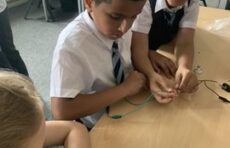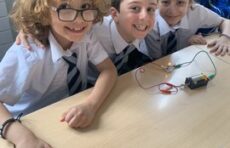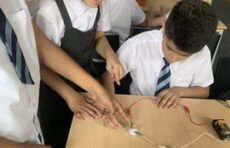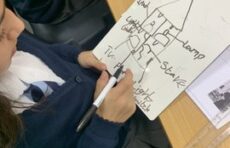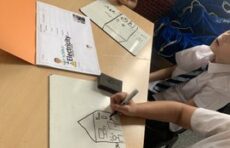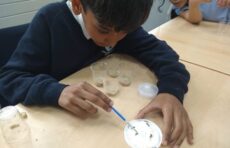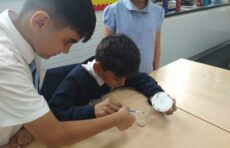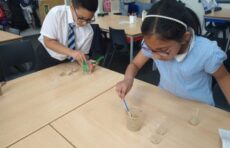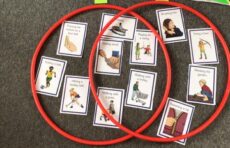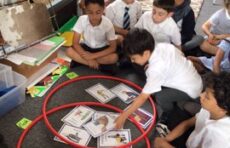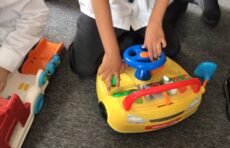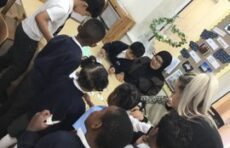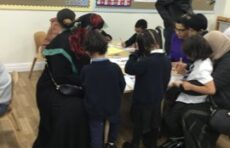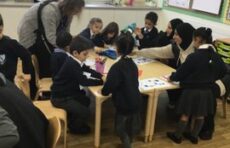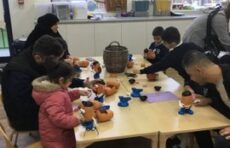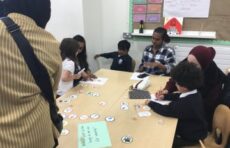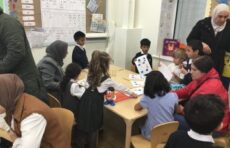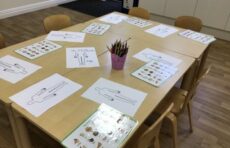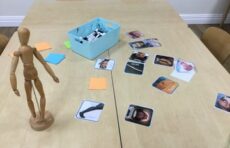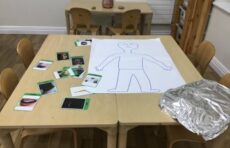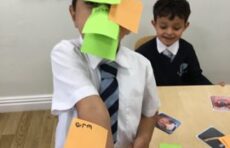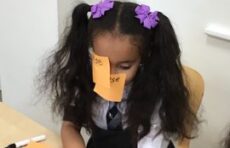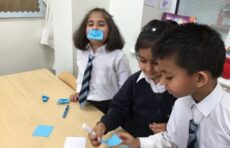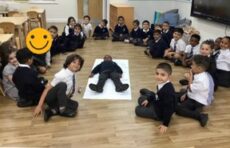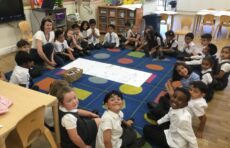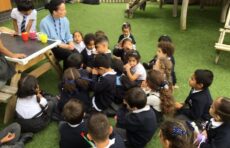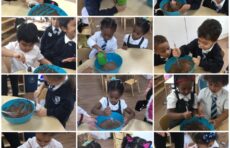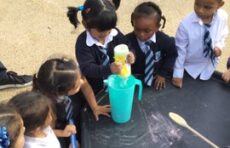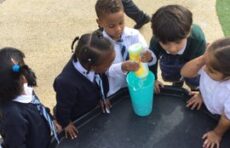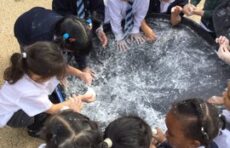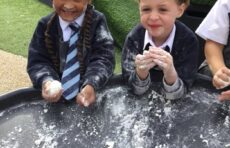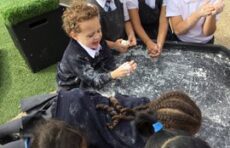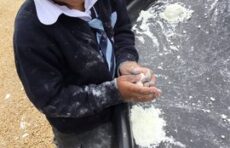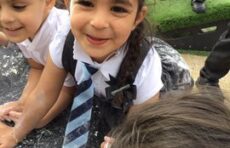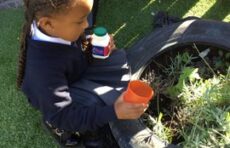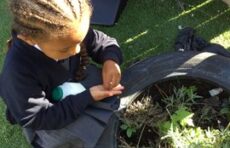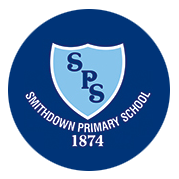
Science

We were delighted to be awarded the PSQM Gilt award for science teaching across our school.
The Primary Science Quality Mark is led by the University of Hertfordshire, School of Education in collaboration with the Primary Science Teaching Trust.
Jane Turner, PSQM National Director said: “Gaining a Primary Science Quality Award is a significant achievement for a school. The profile and quality of science teaching and learning in each awarded school is very high. Children are engaging with great science both in and outside the classroom, developing positive attitudes towards science as well as secure scientific understanding and skills. Science subject leaders, their colleagues, head teachers, children, parents and governors should be very proud.”
ce is certainly being fostered in the children at Smithdown Primary and you should all be incredibly proud of the impact your whole school actions have had on every child’s learning journey”
“Children are leading learning, engaging in hands on practical enquiry and showing curiosity and excitement in all that they do..”
“The outdoor environment is used as a resource to enrich learning”
“The school is so fortunate to have such dedicated and
committed staff who are prepared to go above and beyond for the
children”
“You should all feel very proud of what has been achieved and the ethos to learning that has been created. I
have no doubt that there is a tangible buzz of science excitement and curiosity
around school and that children are certainly well supported to be the scientists of
the future.“
“The important thing is to never stop questioning” Albert Einstein.
Intent
Science teaches an understanding of natural phenomena. It aims to stimulate a child’s curiosity in finding out why things happen in the way they do. At Smithdown Primary School, we follow the National Curriculum and we aim to develop a lively interest in science; encouraging children to ask “Why?” and “How?” We strive to develop children’s curiosity through child led enquiry; developing a range of skills which will enable them to work scientifically in a range of ways. Through this we hope to encourage a scientific approach to problem solving and an understanding of the world around them.
We value the importance of developing inquisitive young minds by giving our children a range of experiences working scientifically. we endeavour to provide our pupils with a range of opportunities to work scientifically- starting in EYFS. Please click on the links below to see how we build on prior learning to ensure progression in working scientifically. .
Progression in working scientifically at Smithdown
We are proud to be members of the Science Association; adapting and adopting key policies and documentation. The following documents are useful to see how we further break down the progression in our science curriculum.
ASE PLAN documents – Working scientifically skills in years 1 and 2
ASE PLAN documents – Working scientifically skills in years 3 and 4
ASE PLAN documents – Working scientifically skills in years 5 and 6
In addition to this, we follow the ASE PLAN documents for progression in knowledge.
Please click here to see our knowledge progression from y1-y6
Science Chatter


What will happen?
Year 3 had an exciting afternoon learning about how water is transported around pants. We completed an experiment with a celery stick and food colouring. We made a prediction about what might happen to the celery. Come back next week to see the results.
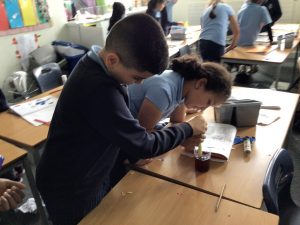
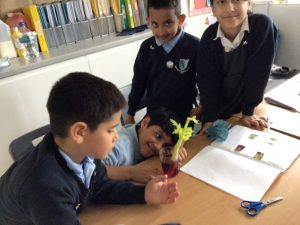
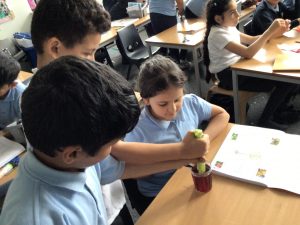
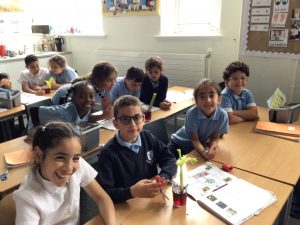
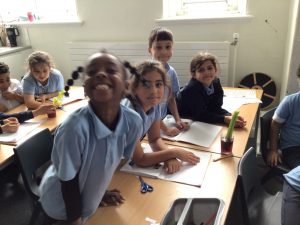
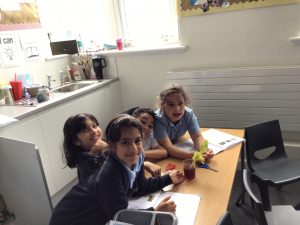

Water transportation!
We used celery to investigate how xylems transport water and nutrients to the rest of the plant. Watch this space and see what we find out! 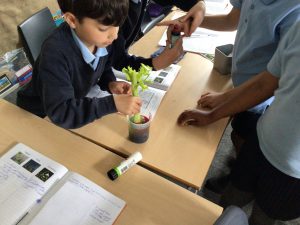
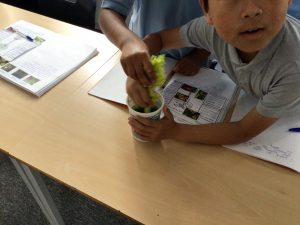


Flowering plants
Year 3 explored the different parts of a flowering plant. We found out that there are male and female parts and that bees and other insects help move pollen from flower to flower.
8
University Trip
We had a fantastic day at the University of Liverpool on Friday. We took part in workshops related to Maths and Science…. including sitting in mini Planetarium!
23
Spider hunting in the sunshine ?️?
We have been learning about spiders this week and have been looking at similarities and differences.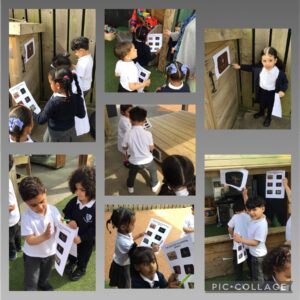

Shadows!
Year 3 had a great afternoon exploring shadows. Thankfully we got a lovely sunny day to complete this lesson. We drew our shadows and after some time we returned outside and noticed how the position of the sun meant our shadows had moved. 
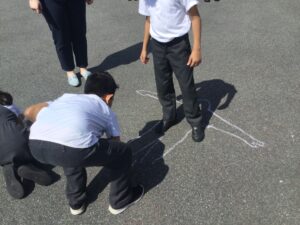
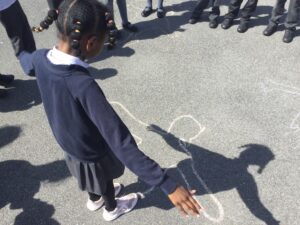
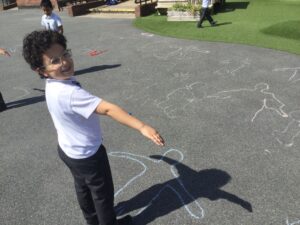
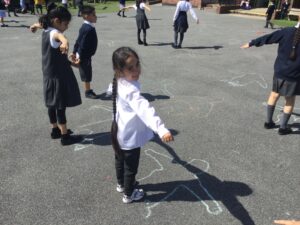
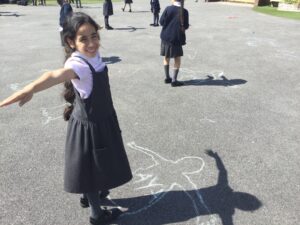
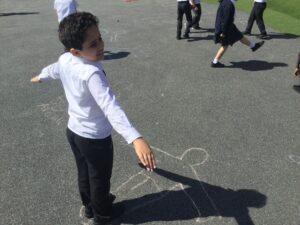
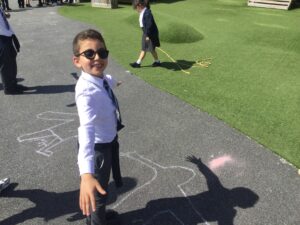
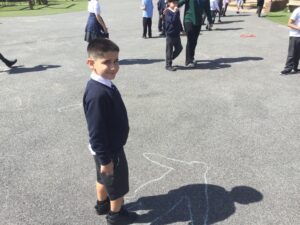

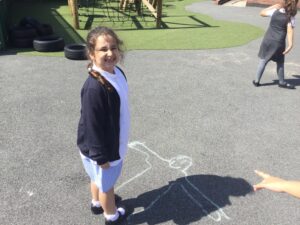

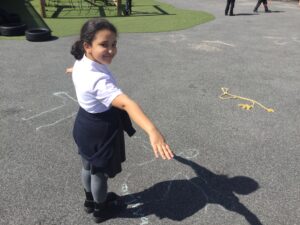
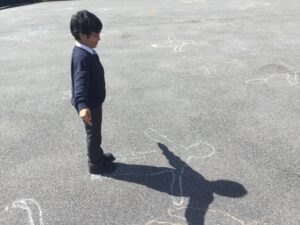

Year 1 have been on a nature hunt
For our first lesson about plants we have been on the playground to look for plants, seeds and animal evidence.
51
Cyanotype Art
Year 3 used a very old way of producing photographs without a camera. We used light sensitive paper to create a cyanotype capture. The children created their designs using natural resources found around schools – similar to Anna Atkins.
15
Reflective materials
Year 3 made predictions of what materials they thought would be the most reflective and the least reflective. They then tested that and checked to see how much light was reflected off each one. We spoke about material characteristics and why they absorbed or reflected some or a lot of the light.
15
Heart rate investigations in Y6 Science.
As part of our ‘Circulatory Unit’ in Science, we devised our own investigations (in small groups) to find out about the effect of exercise on our heart rate. Some groups changed the exercise carried out, some changed the number of repetitions and some changed the time set. All results were recorded and are to be discussed in order to draw our conclusions.
16
4KM had a great morning working with the Hope university students learning about light and sound??!!

Exploring Light
3KM have been working scientifically by exploring the question ‘do we need light to see things?’
The children had 5 boxes with a different item in each. They had to peer through the hole in the box and make a predication on what the object could be. When more light was added to the box, some objects could be seen a lot easier than others. 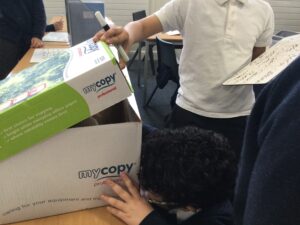
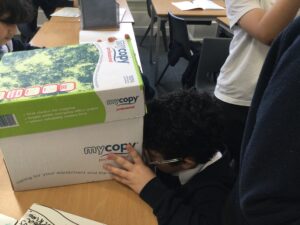
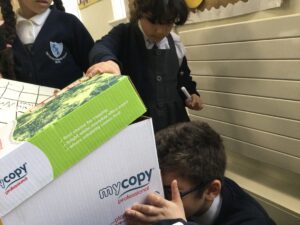
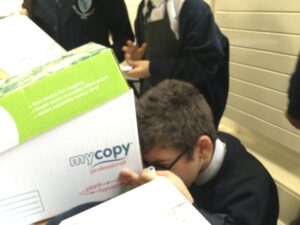

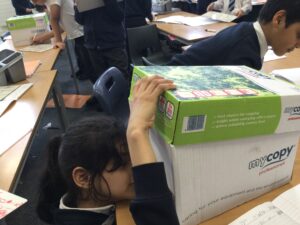


The History of Telling The Time for Science Week
We combined science with history with our TIME topic and looked at how tools to tell the time have changed over the years. We created a timeline of discoveries and measured out our own sundials with our protractors.
23

year 1 Zoolab visit
Year 1 had a visit form lots of animals today to celebrate our learning in science.
38
Year 1 had a visit from zoolab
Year 1 were very excited to have a visit from lots of animals today!
47
Young Scientist Centre
5NA went to a solar system workshop at UCLAN. We did lots of investigations all about the solar system! 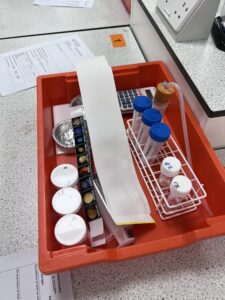

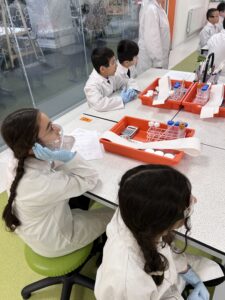
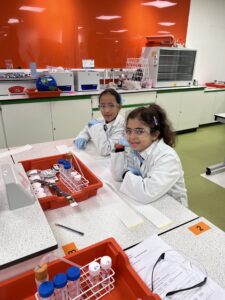
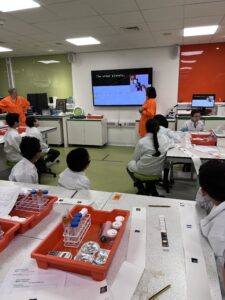
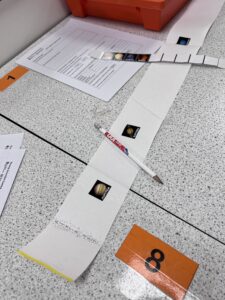
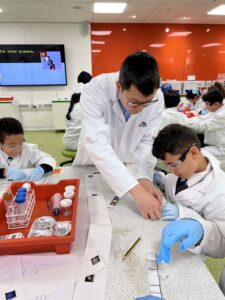
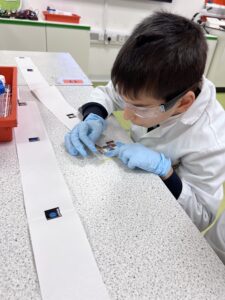


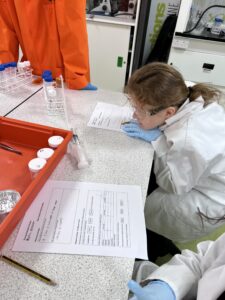
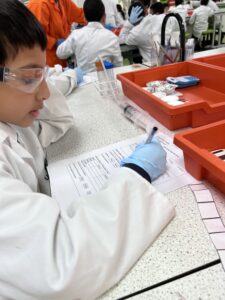


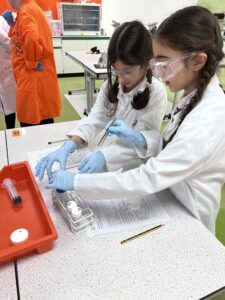
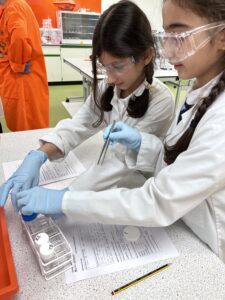


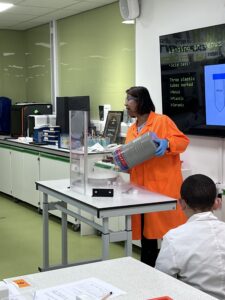
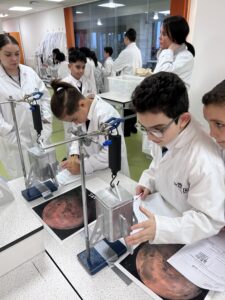

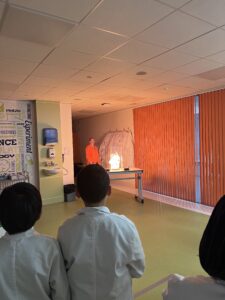


RLMc visit Speke Hall
Yesterday RLMc had lots of fun visiting Speke Hall. We looked at the changes for Autumn and we even saw a sleeping giant! We visited the giants house, kitchen, music room and even his playground. It was lots of fun!
43
Y2science
Year 2 have been sorting things into 3 categories-alive, dead and never been alive. We had a lot of fun looking at the things that were alive too!
34
Y2 Classification
Year 2 have been sorting items into Alive, Dead and Never been alive. We looked at the characteristics of Living Things by using MRS GREN.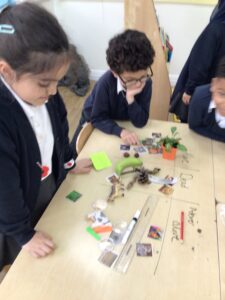
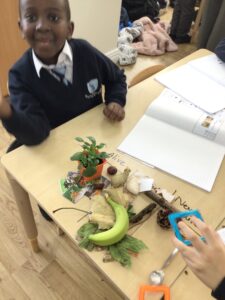

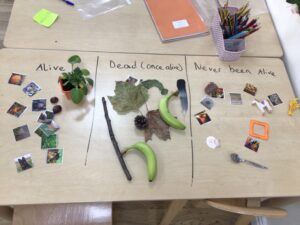

Year 2 science
Year 2 have been sorting things into 3 categories – alive, dead and ever been alive. We had a lot of fun looking at some living things from the playground too!
36
Year 3 have explored the different rocks that make our school. We discussed the key characteristics of each rock.


We investigated the question are the oldest children the tallest today
We investigated the question are the oldest children the tallest today in @SmithdownPrimY2 #smithdownsci
146
Lots of discussion with our connect retrieval task today matching features of different stages of development
Lots of discussion with our connect retrieval task today matching features of different stages of development. It was lovely to hear some of our fabulous new vocabulary being used independently #smithdownsci @SmithdownPrimY2 @baronbedford @Edu_Meadows
40
After learning about life cycles with Years 2 & 5
After learning about life cycles, @SmithdownPrimY5 kindly invited us to watch their butterfly release this afternoon. 4 classes of pure excitement ? #smithdownsci @SmithdownPrimY2
44
4LA exploring conductors & insulators
4LA exploring conductors & insulators @SmithdownPrimY4 #smithdownsci
40
4KM exploring conductors & insulators this week
4KM exploring conductors & insulators this week @SmithdownPrimY4 #smithdownsci
37
We then focused on how animals mature by looking at some life cycles…
We then focused on how animals mature by looking at some life cycles. Mr. Ma let the Y5 caterpillars visit KS1 and just look at their faces. We identified some at pupa stage for some science in action #smithdownsci @baronbedford @Edu_Meadows
42
Deep in conversation about animal offspring in matching mothers to young
Deep in conversation about animal offspring in matching mothers to young #smithdownsci @baronbedford @Edu_Meadows
129
3KMc exploring how opposite poles repel and like poles attract with magnets
3KMc exploring how opposite poles repel and like poles attract with magnets #smithdownsci @SmithdownPrimY3
38
4LA hard at work exploring switches in circuits
4LA hard at work exploring switches in circuits #smithdownsci
35
Today we kicked off our topic and Curriculum project
Today we kicked off our topic and @Curriculum_USP project in @SmithdownPrimY2 by recapping what an animal is and learning about vertebrates/invertebrates @baronbedford @Edu_Meadows #smithdownsci
45
4KM testing predictions about complete and incomplete circuits
4KM testing predictions about complete and incomplete circuits #smithdownsci @SmithdownPrimY4
39
4LA ~ Sorting mains and battery powered appliances today
4LA ~ Sorting mains and battery powered appliances today, then working scientifically to test our predictions about positions of components in a circuit @SmithdownPrimY4 #smithdownsci
34
Great afternoon with 4KM back to doing what we love the most – investigating!
Great afternoon with 4KM back to doing what we love the most – investigating!! This time, circuits. They took up the challenge of making the light bulb light ? #smithdownsci @SmithdownPrimY4
38
Kicking our electricity topic off in year 4
Kicking our electricity topic off in @SmithdownPrimY4 by thinking about what electrical appliances we have at home #smithdownsci
36
We are looking at life cycles in science…
We are looking at life cycles in science, so now have 40 caterpillars that we are going to watch transform into butterflies. We have given them food, and are going to monitor them turn into chrysalises. #smithdownsci @MrsKellyx @MissGuy_
40
We have been exploring different push and pull forces that require contact between two objects
We have been exploring different push and pull forces that require contact between two objects. Lots of toys and actions helped us understand these forces. Year 3 did a great job of organising the forces into our Venn diagram. #smithdownsci
35
Thank you to all the families who came to our stay and learn session today
Thank you to all the families who came to our stay and learn session today.
41
Labelling human body parts today with year 1
We’ve been having lots of fun labelling human body parts today #smithdownsci @SmithdownPrimY1
41
Science activities for you today Year 1!
Lots of exciting science activities waiting for you today Year 1! #smithdownscience @SmithdownPrimY1
41
Year 1 have had great fun labelling the body parts in science today…
Year 1 have had great fun labelling the body parts in science today. Well done! #smithdownscience @SmithdownPrimY1
40
Year 1 have been naming the body parts in science…
Year 1 have been naming the body parts in science this week. #smithdownscience @SmithdownPrimY1
37
Tasting different foods last week…
Tasting different foods last week as part of learning about our bodies- some were a bit sour! #smithdowneyfs #smithdownsci
37

We love incorporating baking into our Understanding the World lessons!
We love incorporating baking into our Understanding the World lessons! We watched how the cake mixture changed state after we added water. #smithdowneyfs #smithdownsci
39
Exploring changes of state
Exploring changes of state through messy play. #smithdowneyfs #smithdownsci
36
Making unicorn ? playdough today to develop fine motor skills…
Making unicorn ? playdough today to develop fine motor skills and see what happens when cornflour is mixed with hair conditioner #smithdowneyfs #smithdownsci
40
Planting some apple ?
One of our superstars has planted some apple ? seeds to see if they grow #smithdownsci #smithdowneyfs
44

